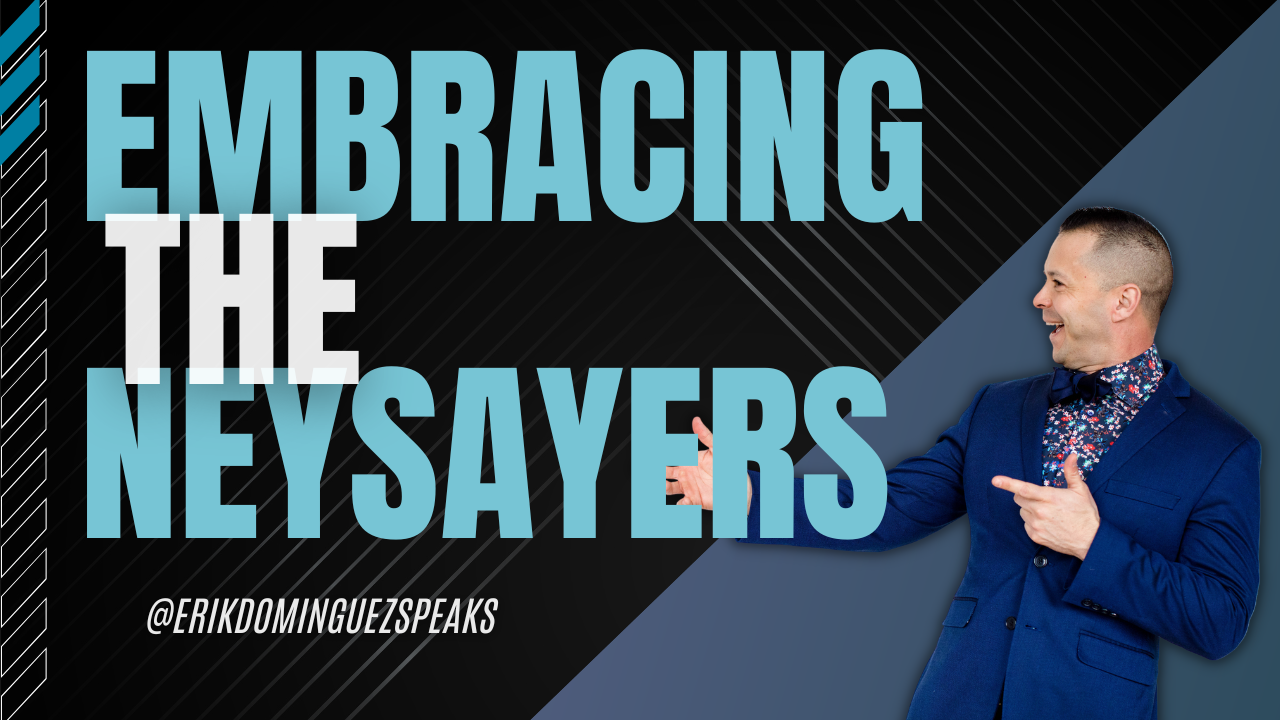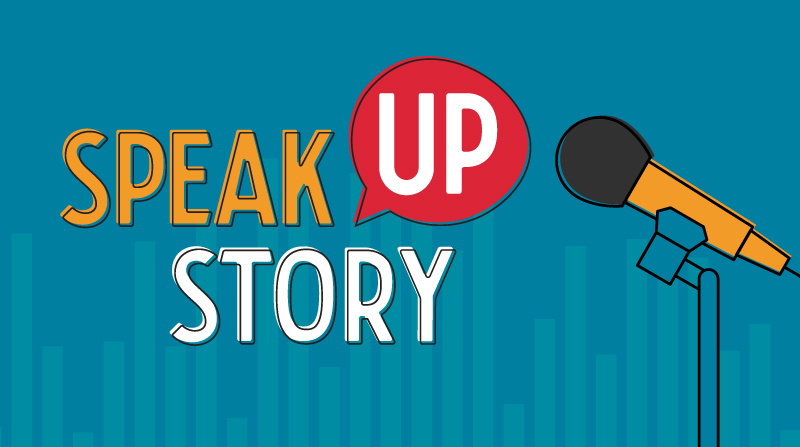🎤 + BILL GATES = WE ALL NEED PEOPLE WHO WILL GvIE US FEEDBACK. THAT’S HOW WE IMPROVE.
 OUR CRITICS ARE OUR BEST COACHES
OUR CRITICS ARE OUR BEST COACHES
Let’s face it – feedback stings. Even if we have the best mindsets and approaches, it still hurts when we get feedback that is critical in nature.
WHY THIS MATTERS:
In their article “Effects of Feedback on Performance: A Historical Review, a Meta-Analysis, and a Preliminary Feedback Intervention Theory,” Kluger and DeNisi (1996) suggest that constructive feedback can boost performance by approximately 39%. Therefore, feedback becomes an important tool in professional careers for improving output and overall effectiveness.
We know the value of feedback, but it doesn’t make it hurt any less. So, let’s turn the tables and use our critics as our coaches.
🎤 MIC CHECK: TRANSFORM YOUR CRITICS INTO COACHES
There are a few mindsets you can adapt to transform your critics into your coaches.
- Feedback Is Neutral.Okay, I know. Feedback doesn’t feel neutral, but keep in mind that we are the ones that assign emotional value to it. University of Toronto researchers found that our emotional responses are often tied to the perceived emotional intent behind the feedback rather than the feedback itself (Kross, Ayduk, & Mischel, 2005). Recognizing this can allow us to view feedback in a more dispassionate and constructive light.
- Be Hungry For Feedback.Countless studies demonstrate the correlation between effective leaders and speakers who look for, receive, and act on feedback from trusted sources. Again, this does not diminish the sting that we feel from feedback, but we can re-train ourselves to see feedback that “stings” as areas of growth.
- When Your Critics Agree.There will always be outliers to the feedback we receive. Some people will give us feedback that does not make sense to the situation. However, when you hear your critics repeating the same feedback, it is time to look closer.
Once you adapt and apply these strategies, you will recognize that the people who give you the feedback you don’t want to hear are the people who are brave enough to show you a path to improvement. No, it doesn’t feel good. But what does feel good is when you use those feedback points to focus on your skills and continue to improve.
Keep speaking up your story,

ENCORE: MORE TO EXPLORE

HOW TO TRANSFORM CRITICISM INTO ACTION
If we’re talking about something important or sharing a meaningful message, you can bet that criticism will come our way sooner or later. But that’s a good sign! It means we’re saying something worthwhile. And even when feedback stings, whether it’s from a credible source or not, we can still turn it to our advantage.

THEN THERE WAS THE TIME I WAS ACCUSED OF BEING TOO SUPERFICIAL IN MY SPEECH…
The feedback that hurts the most is often the feedback we already suspect. I had a feeling that I was relying too heavily on the charisma of being a public speaker. When this was confirmed by a participant at my keynote, it definitely stung more than other feedback.


